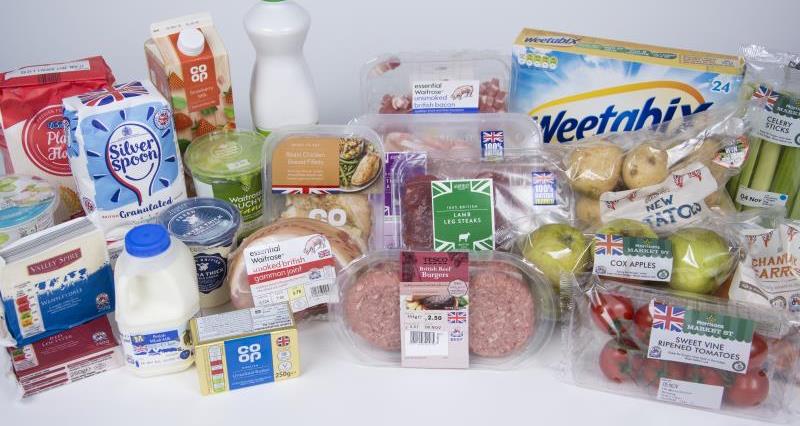The pandemic has brought food supply into sharp focus – perhaps more so than any other time since World War 2.
It has changed what is available on the shelves. It has changed the way consumers are buying food. And, in some cases, it has changed retailers’ sourcing policies.
There have been floods of consumers going direct to farm gates and smaller outlets to avoid the crowds or find a scarce product.
Meanwhile, in the UK’s largest retailer, Tesco chief executive Dave Lewis says social distancing measures mean consumers are shopping less frequently but the size of the average basket had doubled.
For Alistair Mackintosh, a Cumbrian beef and sheep farmer, the crisis has highlighted the importance of having a thriving British agriculture sector, underpinned by Red Tractor assurance.
He said: “The increase in demand from consumers for food, particularly at the start of this crisis, has been astounding. With people eating at home, rather than at restaurants, it has caused a supply chain imbalance.
“For example, industry data shows that minced beef has sold extremely well. While prime cuts, which are traditionally eaten more often in restaurants, such as steaks have suffered.
“This is such a shame, because there are some great quality products in stores right now, which can be cooked up to make a tasty meal, very simply.”
A £1.2million national consumer campaign from AHDB, Quality Meat Scotland and Hybu Cig Cymru is currently running on TV, video on demand, radio and social media aiming to inspire consumers to create restaurant-style meals in the comfort of their own home, using a variety of high-quality cuts.
The initiative is being supported by Red Tractor, which at the same time is running its own widespread campaign, with TV adverts and a series of short episodes with a Red Tractor shopper on digital and social media.
Through the eyes of Emma – a working mum – a series of short episodes will look at how farmers are adapting to the current challenges, encourage shoppers to buy seasonal and Red Tractor food, and show how shoppers, under financial pressure, can feed their family of four a healthy, balanced diet on a weekly budget of £60.
Future episodes will illustrate how farmers and food producers are adapting to the current challenges and continuing to provide the British public with quality, safe, responsibly produced Red Tractor produce.
Alistair added: “Advertising campaigns like this are really important – our farmers produce a great product to extremely high standards and we need to reach consumers and continue to raise awareness of Red Tractor food.”
The results of advertising speak for themselves.
